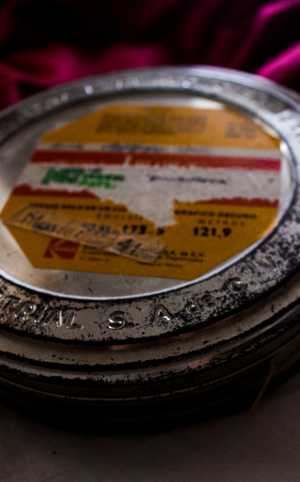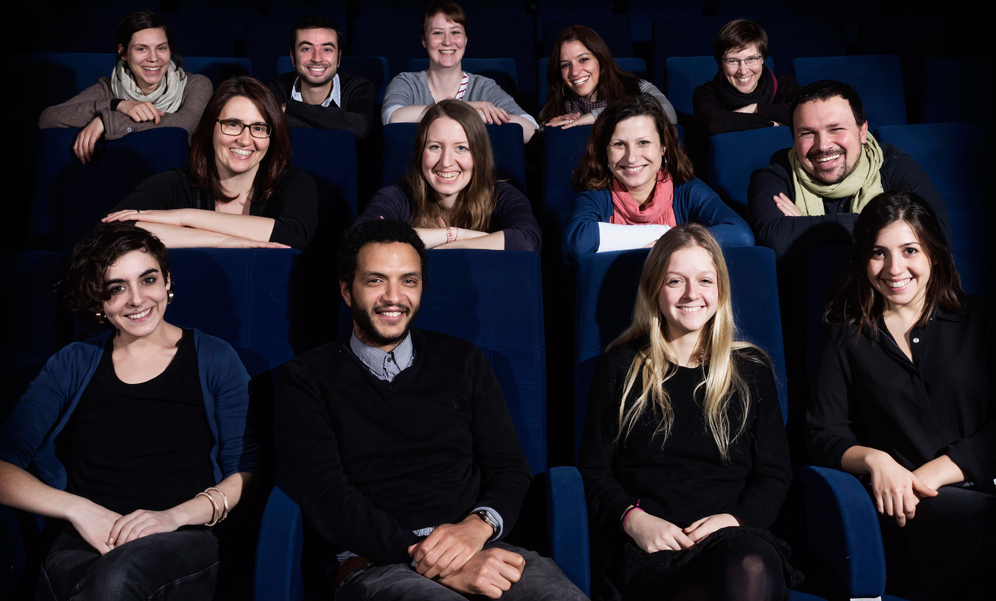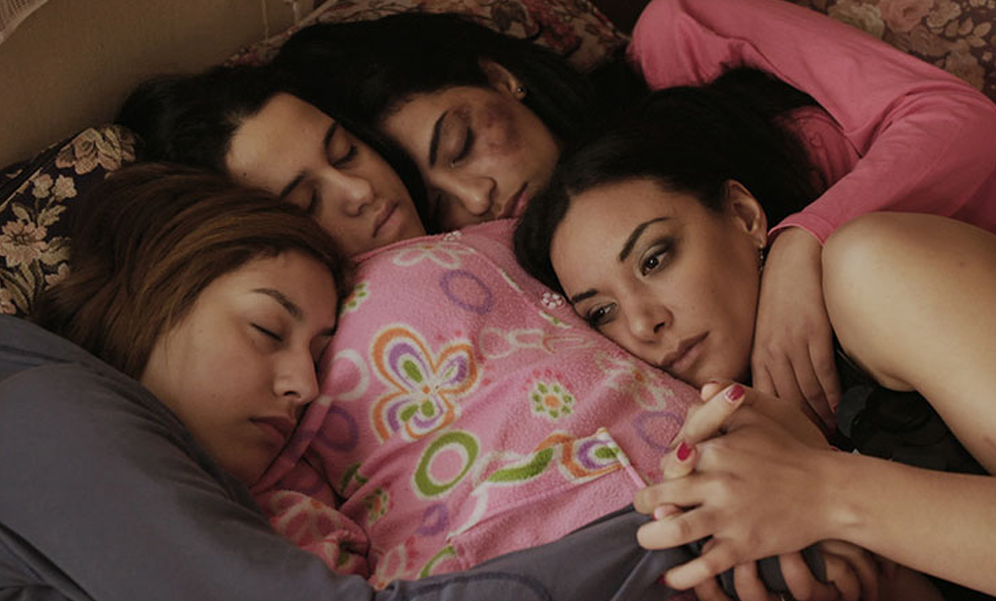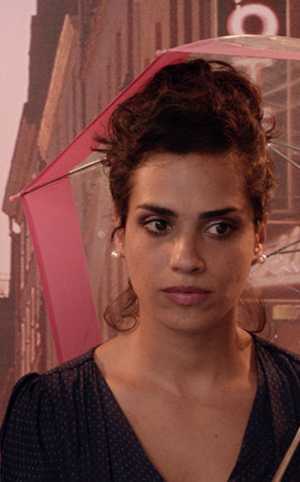Understanding any culture is not an easy task. All cultures are unique and amazing. One of them is the Arabian.
This was something that had to happen given that the Arabian world is culturally vast.
Understanding the diversity and identities within the Arabic world is a challenge on its own.
Perhaps, one of the ways to achieve a closer look is through the arts. Institutions and organizations in other parts of the world are increasingly honoring the new generation of filmmakers in the Middle East with Arab film festivals.
Booming Arab Cinema

Though booming Arab filmmakers continue to struggle with funding problems and a lack of established distribution channels, artists are beginning to produce more and more commercially viable films.
Additionally, films featured at festivals both in the Middle East and around the world run the scope from films about war, identity, political or social issues to romantic comedies and thrillers.
So, to go a little bit deeper and try to expand our horizon regarding the Arabian Cinema World I felt it was necessary to ask a few questions.
The idea was to get a broader sense of the team, the ideals, and the vision of this Film Festival.

Laura Viera A: Which country participates the most?
ALFILM: The festival is not really interested in showcasing one country’s production over the other. It aims to present quality works from the four corners of the Arab World. With this edition, there are films from various countries, from Morocco, Algeria and Tunisia to Egypt and onto Lebanon, Palestine, Syria, and Jordan and all the way to Iraq. And it’s not just about diversity with the countries of the production.
An amplified interest
Nowadays, there seems to be an amplified interest in films originating in the Arab world. In this case, Berlin’s Arabic Film Festival.
It is crucial to show films from a region that is only focused on in the daily mainstream news, and present, through the various works, insights into the people’s daily lives and issues in the Arab World as seen through the eyes of artists born and living in this region, not foreign photographers and reporters interested only in images of wars and conflicts.
ALFILM is organized by the association makan – Center for Arab Film, Arts and Culture. Since its creation, the association acts as an intermediator of a multi-faceted Arabic culture serving its role in an intercultural dialogue through film.
Laura Viera A: Is there a special interest in the Arab cinema industry? Why?
ALFILM: This edition of the Berlinale showed an unprecedented number of films from the Arab World in all of its sections, including the Tunisian feature fiction Hedi (by Mohamed Ben Attia) in its official competition, which was awarded two major prizes and this is something very rare.
The short Lebanese animation film Waves ’98 (by Ely Dagher) won the Palme d’Or for Best Short Film at the 2015 Cannes Film Festival, being the first film from the region to claim such an award since the feature Chronicle of the Years of Fire by Mohammed Lakhdar-Hamina won the Palme d’Or in 1975.
Naji Abu Nowar’s Theeb, after touring the world since premiering at the Venice Film Festival in 2014, made it to the Academy Awards this year as one of the five films competing for Best Foreign Language Film, representing Jordan.
All of this proves that there is a growing interest in the films from the Arab World and major festivals are embracing this change. There are also institutions interested in supporting the industry in the region such as the Robert Bosch Stiftung in Germany, which has been, for the past three years, presenting three financial awards for the production of short, animation and documentary films on the basis of German-Arab collaboration.

Against the Current
Laura Viera A: Do you think there are misconceptions?
ALFILM: There are misconceptions, of course. Some people believe only what the media feeds them. That could be because there is no other view available for the audience to see and think about. It’s not the duty of the festival to educate audiences, however, it aspires to present the spectator with different views and perspectives about the Arab World, ideas and concepts that are not necessarily portrayed in the mainstream, pushing the viewer to reflect on that.
The work of the association and the festival is carried out by a team of culturally -motivated volunteers.
The team behind this amazing project is made up of people from different professional and personal backgrounds who are committed to bringing this amazing masterpiece to the Berlin screens. As such giving the international audience the possibility of experiencing the Arab World in a new light.
In the 7th edition of the festival, there are 51 screenings of shorts, full-length features, and documentaries.
The Arab Film Festival Berlin is the largest festival in Germany that provides a platform for diverse Arabic cinema.
Laura Viera A: How does the Berlin audience receive the festival?
ALFILM: The audience has been following the festival with every edition and this year has seen a growth in attendance with sold-out screenings, proving that Berliners are interested in this part of the world and curious enough to discover it. But it’s not just about audience numbers, it’s also about the quality of discussions and debates that accompany the screenings. Spectators are attending the Q&A’s after the screenings, engaging in a vivid dialogue with the filmmakers.
Importance of films
Laura Viera A: Why is a festival like this important?
ALFILM: It is important for the audience in Berlin to see films from the region just like it is seeing any other film, was it a European independent production, an American blockbuster or any world cinema film. The films from the region rarely have distribution deals in Germany and therefore it’s essential to have a platform to screen these works and help in securing potential distribution deals afterwards.
ALFILM is proud to present as many creative documentaries as feature fiction films. The short films are also divided between fiction and documentary shorts, with a strong focus on animation this year, attesting how varied and diverse the cinematographic industry in the Arab World is today.” The festival emphases on artistically and thematically outstanding films from the Arab World.
ALFILM is a non-commercial film festival that has been organised yearly since 2009 by the non-profit organisation Makan – Center for Arab Film, Arts and Culture.
As any important Film Festival there are different sections. The OFFICIAL SELECTION collects new releases (fiction, documentary and short movies) from the last three years. Some of the features in this section are:
“Very Big Shot” by Mirn Jean Bouchaya (Lebanon/Qatar 2015), the three brothers Ziad, Joe and Jad run a lucrative drug dealing business under the guise of a small pizzeria.
“Much Loved”, the latest film by Nabil Ayouch (France/Morocco 2015). It explores the cruel living circumstances of three prostitutes, Noha, Randa and Soukaina, living and working in Marrakesh. From bribing bouncers and corrupt policemen to putting up with their families’ condemnation, the lives of these women are a constant struggle.
Another amazing example is “In This Land Lay Graves of Mines” (Lebanon/France 2014) a documentary by Reine Mitri. With this documentary she exposes the insidious sectarian parcellation of Lebanon years after the Civil War.

The SPOTLIGHT section includes contemporary and historical Arabic films which are curated thematically. It is funded by the Capital Culture Fund.
In the past few years there has been an increasing interest in challenging issues regarding ethnic and religious minorities in literature and film – particularly Arab – Jewish identities. To clarify, the political presuppositions “Jewish” and “Arab” are posed as binary oppositions in the Arab world as well as in Europe. Taking this into consideration, the SPOTLIGHT section offers historical and contemporary documentaries and feature films portraying Arab – Jewish identities. In short, the idea is to mend them given that they are an indispensable part of the Arab and Jewish culture and memory.
There are also two short film programs (incl. Waves ‘98 by Ely Dagher, the Winner of Palme d’Or 2015) as well as an experimental film program (incl. In the Future They Ate From the Finest Porcelain by Larissa Sansour).
Additionally, the festival allocates extensive retrospectives to the work of eminent filmmakers and artists from the Arabic cinema, panel discussions, performances, lectures as well as children screenings.
Summing up
Films are exceptionally important in our society and it has grown to become such an abundant art form. Above all, it has a uniquely powerful ubiquity within human culture. As a matter of fact, cinema has become a powerful vehicle for culture, education, leisure and even politics. The collective nature of the narrative and visual stimulation makes the experience enjoyable.
In addition, the cinema is distinctive in that it is a highly accessible social art form, the participation in which generally cuts across economic lines.This means that going to watch a movie may be a considered a fund and therapeutic experience.

It seems only fitting that such a festival takes place in a country like Germany, where hundreds of thousands of refugees mainly from Syria, Iraq and Afghanistan have arrived in the last year. In the biggest crisis of the Middle East, it seems that a daring new cinema has evolved.
So, all in all, we can safely say that films are a reflection of society, both present and past. In a nutshell, movies are stories; movies are people who come out with ideas about something they want to say. Movies are different things to different people. Filmmakers from the region are looking for new ways and forms to express their stories. And they explore the history of Arab societies to try to find ways out of the current stalemate.


